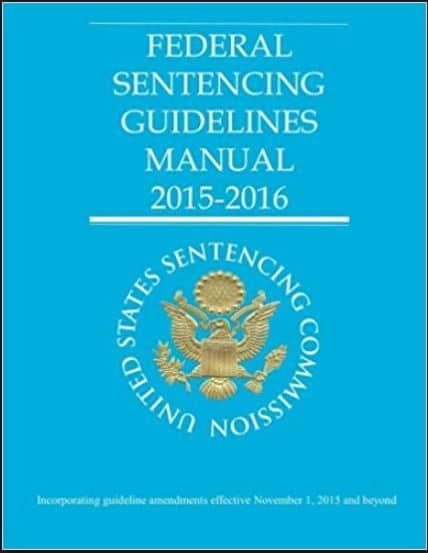If you’ve been convicted of violating a federal criminal law, it may not be a jury of your peers, but a committee of strangers who really decide your fate-through sentencing. Indeed, even if you’re charged in a state court, that same committee of strangers may have a lot to say about how you’re sentenced.
Intended to reduce disparity in prison terms, the U.S. Sentencing Commission began its work in 1987. Each year, this blue-ribbon panel issues new guidelines for judges to think about as they hand down sentences. The recommendations aren’t binding, but they sure do have an influence-so much so that there are websites to figure out the sentence you face based on a conviction.
For a free legal consultation, call (972) 535-6377
 In parallel with the commission’s work, certain crimes result in “mandatory minimums”-meaning that if you’re convicted of one of these crimes, then by law, the judge must sentence you to at least a specified amount of prison time. The only discretion a judge has in this case is to increase the sentence; there is no way to adjust downward for leniency or extenuating circumstances.
In parallel with the commission’s work, certain crimes result in “mandatory minimums”-meaning that if you’re convicted of one of these crimes, then by law, the judge must sentence you to at least a specified amount of prison time. The only discretion a judge has in this case is to increase the sentence; there is no way to adjust downward for leniency or extenuating circumstances.
Recent reform efforts have tried to address this. In the Obama Administration, prosecutors were allowed more flexibility in charging someone for a crime: They could avoid prosecuting someone for a crime that had a mandatory minimum sentence. However, in May, Attorney General Jeff Sessions ended this practice and announced stringent new guidelines for prosecutors, insisting they seek the most severe charges (and penalties) available to them.
Click to contact our personal injury lawyers today
While the Obama / Trump policies may suggest that this is a partisan issue, that is not the case. U.S. Senator Rand Paul (R-Ky) has hammered Sessions’ approach, saying it would “ruin lives.”
While prosecutors figure out what how to implement the new policy, it’ll be really important that you and your lawyer understand the risks of going to trial. Many states follow federal guidelines, or have sentencing commissions of their own.
If you or a loved are facing charges, make sure your lawyer is not just familiar, but fluent, in the sentencing guidelines. A lot is riding on that strange little calculator.
Call or text (972) 535-6377 or complete a Free Case Evaluation form



